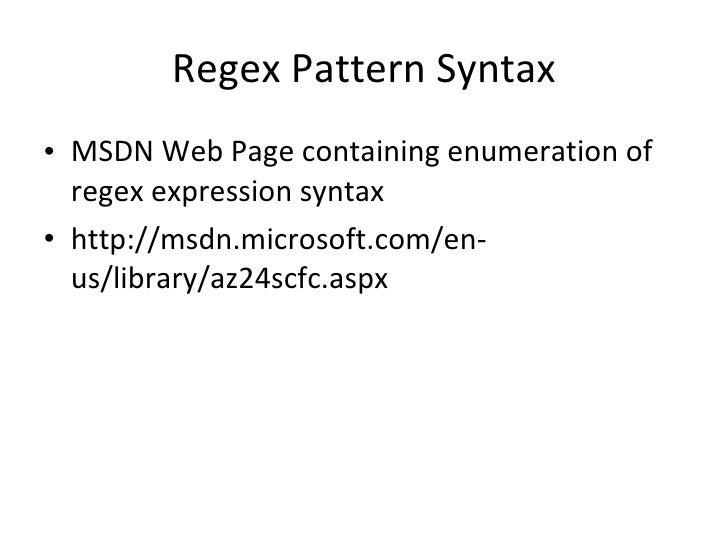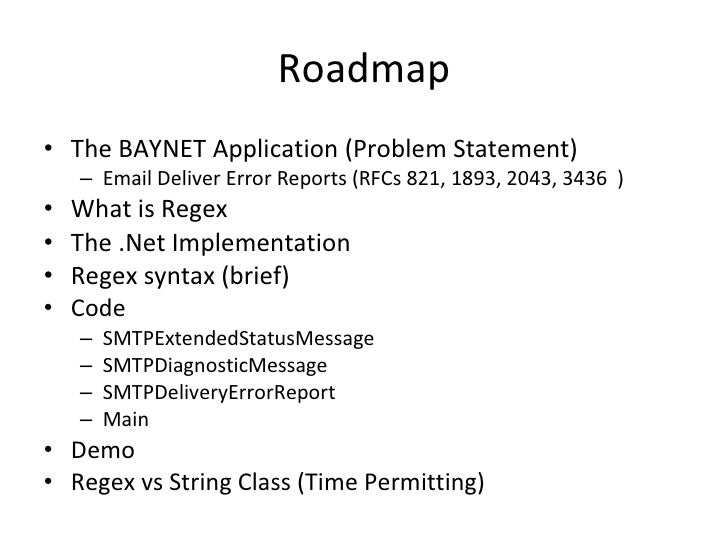

I need the value betwee (' & ') after onload, see in bold. Regular Expression: id="_VIEWSTATE\d?" value="(.+?)" I would have written a script in BeanShell to extract all values and assign them to variables, but if you need to use the Regex Expression Extractor, it would look like this: Now, you need to know how many of these values you have since it's a ling list. In all examples I will use the same URL for extracting string by regexp, see Figure 3.Īnd the way to capture all the values including the first id that has no number is using this regex: And now I will show a couple of practical examples. That’s all about options of Regular Expression Extractor. Use a value of zero to indicate JMeter should choose a match at random.Ī positive number N means to select the nth match.

The regular expression may match multiple times. RefName - always set to the default value RefName_n_gm, where m=0,1,2 - the groups for match n RefName_n, where n = 1,2,3 etc - the strings as generated by the template RefName_matchNr - the number of matches found could be 0 If the match number is set to a negative number, then all the possible matches in the sampler data are processed. If zero is specified, JMeter will choose a match at random. If you set “Apply to” to “Main sample and sub-samples” and specify “Match ¹” = 3, than JMeter will select matching sequence from the 2nd sub-sample because 1st will be main sample. Match ¹. If there is several character sequences, allows specifying, which variant exactly should be used. If you apply template $0$, then in the output variable you will receive "economics". For example, if you have the word “economics” in your response and you search for the regular expression “(ec)(onomics)” and apply template $2$$1$, then in the output variable you will receive “onomicsec”.

Template - choose the group you would like to extract from the regular expression. '$1$' will extract group 1, '$2$' will extract group 2, and so on. Regular Expression - fill in the regular expression to test. Name of Created Variable - the name of the variable where the parsing results will be saved in JMeter. Headers - the headers of the response or the request.

Note that HTML escapes are processed without regard to context, so some incorrect substitutions may be made. Body (unescaped) - the body of the response, with all HTML escape codes replaced.The content of your web-page, excluding headers, will be parsed with the regular expression. You can choose which field the regular expression is applied to. JMeter Variable - the expression is applied to the filled in variable.Main sample and sub-samples - applies to both main sample and sub-samples.Sub-samples only - only applies to the sub-samples.Main sample only - only applies to the main sample.You can choose whether the regular expression will be applied to the main sample results, to the sub-samples/embedded resources, or both. Now I will shortly describe all of this element's fields. But you cannot use “//” for the same purpose in JMeter, otherwise the regular expression will be parsed literally, and not logically. So, if you ar e using grouping in a regular expression, use the “()” parentheses to separate one group from another.Ĭonfiguring the Regular Expression Extractor So, the regular expressions reg might appear like this: ~/regular_expression/. In Perl you have to use the “//” delimiter to specify regexp. But there is one very important difference between JMeter and Perl regexps processing. When configuring the regular expressions in JMeter, use the same syntax as Perl5.


 0 kommentar(er)
0 kommentar(er)
